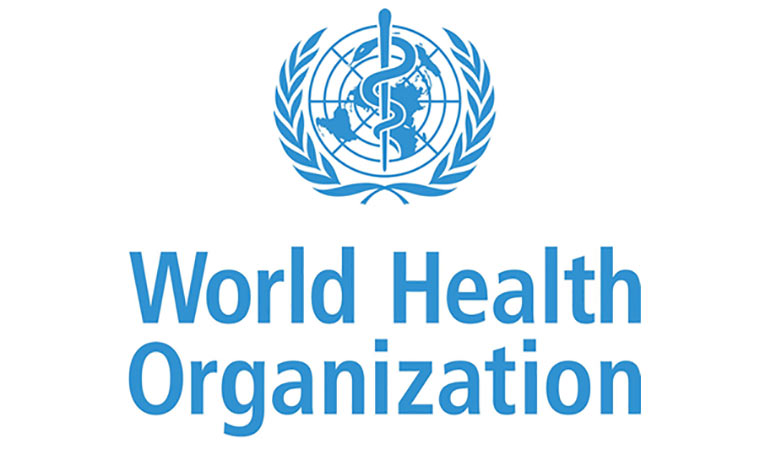
The World Health Organisation has commended Nigeria and five other countries for achieving notable reductions in deaths caused by non-communicable diseases (NCDs).
Alongside China, Egypt, Russia, Brazil, and Denmark, Nigeria was singled out in a new WHO report for progress made between 2010 and 2019 in curbing premature mortality linked to cardiovascular diseases and certain forms of cancer.
The report, titled “Saving Lives, Spending Less” and released on Thursday, highlighted significant declines in stomach and colorectal cancers across both genders, cervical and breast cancers in women, as well as lung and prostate cancers in men. However, pancreatic and liver cancers, alongside neurological conditions, continue to fuel rising mortality in many parts of the world.
According to WHO, an additional annual investment of just $3 per person could deliver massive health and economic dividends, including the saving of 12 million lives, preventing 28 million heart attacks and strokes, and generating more than $1 trillion in benefits by 2030.
While 82 per cent of countries made progress in reducing premature deaths linked to NCDs during the last decade, the pace has slowed in many regions, with some countries recording setbacks. Alarmingly, nearly 75 per cent of global deaths from NCDs and mental health conditions occur in low- and middle-income nations, accounting for 32 million lives lost annually.
WHO Director-General, Dr Tedros Ghebreyesus, stressed the urgency of stepping up investment in cost-effective interventions.
“Non-communicable diseases and mental health conditions are silent killers, robbing us of lives and innovation. We have the tools to save lives and reduce suffering. Countries like Denmark, South Korea and Moldova are leading the way, while others are stalling. Investing in the fight against NCDs isn’t just smart economics—it is an urgent necessity,” he said.
NCDs, including heart disease, stroke, cancers, chronic respiratory illnesses and diabetes, account for the majority of global deaths. Mental health conditions such as anxiety and depression, WHO noted, are also increasingly prevalent across all demographics.
The global health agency warned that progress is being undermined by intense lobbying from industries whose products contribute to the disease burden. It pointed fingers at tobacco, alcohol, and ultra-processed food companies, which it accused of blocking or delaying policies such as health taxes and marketing restrictions aimed at protecting children.
“It is unacceptable that commercial interests are profiting from increasing deaths and disease. Governments must put people before profits and ensure evidence-based policy is not derailed by corporate pressure,” Dr Etienne Krug, Director of WHO’s Department of Health Determinants, Promotion and Prevention, said.
The findings come just days before the Fourth United Nations General Assembly High-Level Meeting on NCDs and mental health, scheduled for September 25 in New York. World leaders are expected to adopt a bold political declaration to accelerate global action and investment in these critical health areas.
Health experts say the meeting presents the most significant political opportunity in a decade to chart a new course, recommit to 2030 targets, and set a long-term vision for saving lives.
Dr Devora Kestel, WHO’s Director for NCDs and Mental Health, warned that hesitation will prove costly.
“We know what works. Governments that act decisively will save lives, cut costs, and unlock growth. Those that delay will pay in lost lives and weaker economies,” she said.



![[PHOTOS] Engr. Nurudeen Adeyemi Balogun Visits APC National Secretary](https://newsbulletin.com.ng/wp-content/uploads/2026/01/1769627828939-300x300.jpg)



